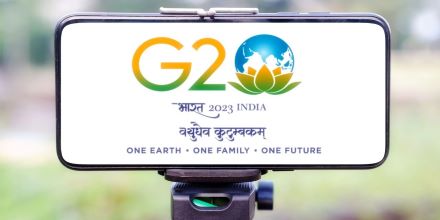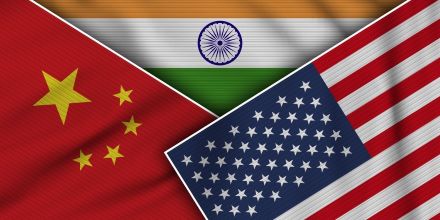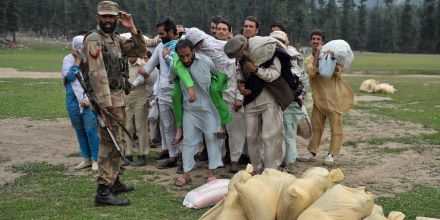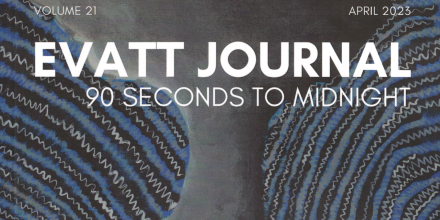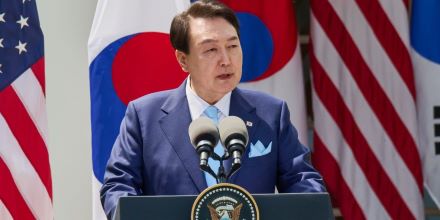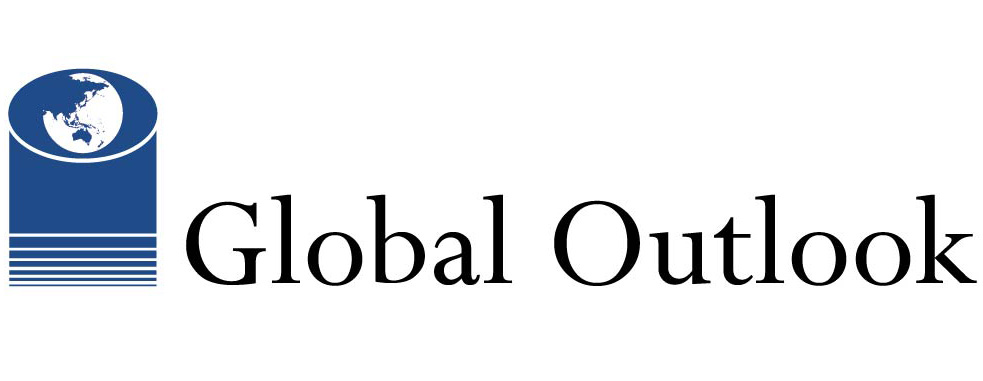
Curated expert opinion on intractable contemporary issues
India’s G20 Presidency: Can It Reshape International Climate Politics?
By Robert Mizo | 15 June, 2023
India’s presidency of the G20 for 2023 has been hailed with much fanfare and national pride in India. It has the platform and the responsibility to direct the collective energies of the group towards not only addressing the climate crisis but also potentially reshape the ideological contours of international climate politics.
U.S. Allies Look For Their Place In The Emerging Global Order
By Ramesh Thakur | 08 June, 2023
America and the West are more isolated from the rest of the world than at any time since WWII.
Climate Change, Disasters and Armed Conflict
By Tobias Ide | 07 June, 2023
During the 21st century, humanity will cross an important planetary boundary and head into a much more climate-insecure future. One characteristic of this future will be higher risks of climate-related disasters, such as droughts, storms, floods, and heatwaves.Both experts and policy makers have long expressed concerns about climate change as a security risk, with disasters playing a key role in these debates.
Four Nuclear Myths
By Ramesh Thakur | 06 June, 2023
The Dr. H.V. Evatt Foundation publishes the Evatt Journal. Volume 21, published in April, was a special issue on ‘90 Seconds to Midnight’, referencing the famous Doomsday Clock from the Bulletin of the Atomic Scientists, edited by Casey Thompson and Huw Phillips. The Toda Peace Institute’s Senior Research Fellow, Professor Ramesh Thakur, who contributed a chapter, was a panellist at the launch of the journal in Canberra on Thursday 1 June. This is the text of his initial remarks.
Does Yoon’s Year of Values Diplomacy Deserve a Passing Grade?
By Chung-in Moon | 31 May, 2023
If Yoon continues to struggle to find a sensible balance between values and the national interest and to open a new horizon for crisis management and preventive diplomacy, his national security policy and foreign policy seem doomed to fail.
Could The US And China Become Partners For Peace In Ukraine?
By John Marks | 29 May, 2023
if the US and China were to set aside their national egos and stop playing power politics, together they might be able to take a giant step toward saving tens of thousands of lives and preventing further destruction of Ukraine.
The views and opinions expressed in Global Outlook are those of the authors and do not necessarily reflect the official policy or position of Toda Peace Institute.
